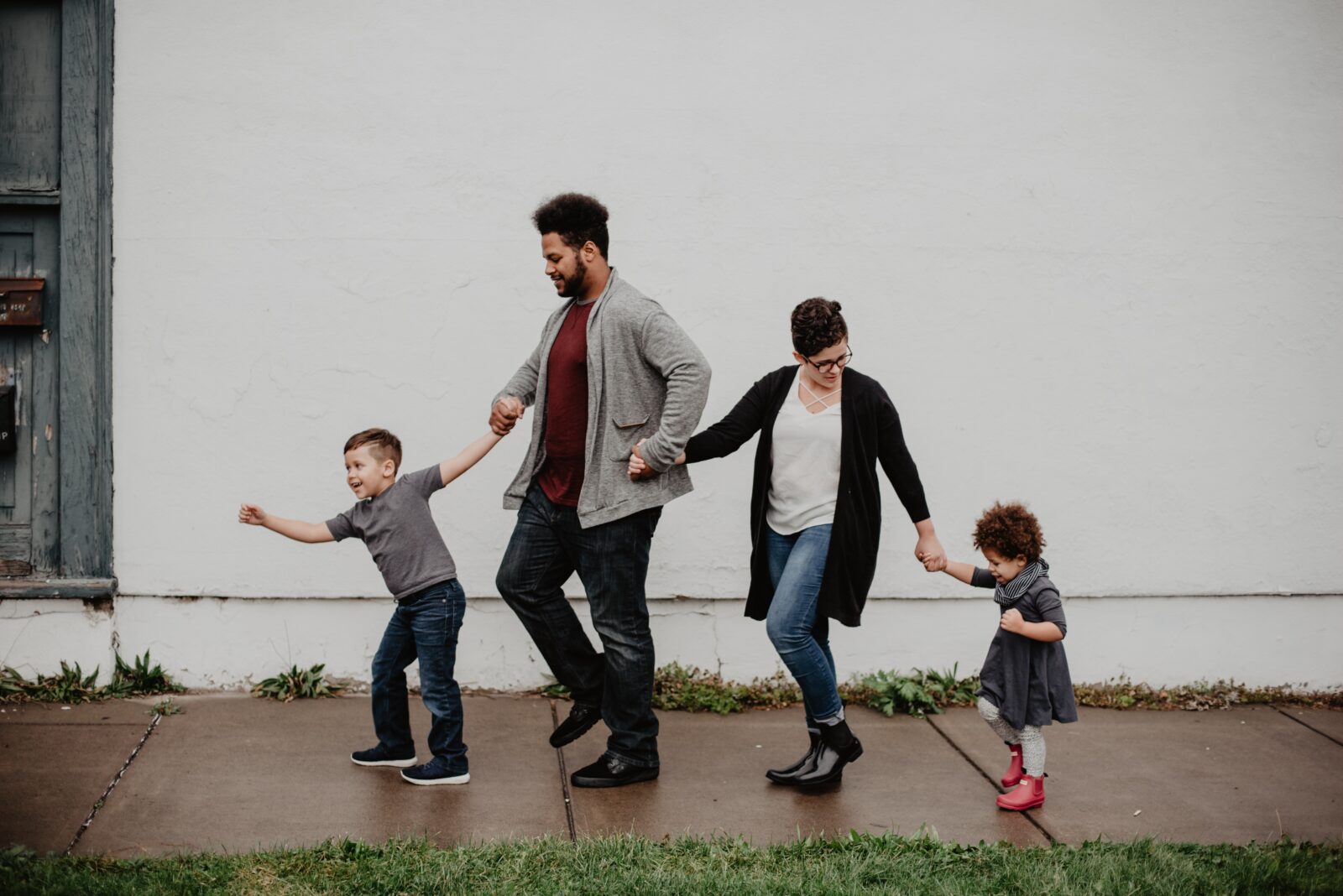How do we change our traditional parenting to just unconditionally love our kids? I had an amazing guest on my show yesterday, and this was the topic of discussion. What she was saying made such good sense. When we stop labeling things good and bad and stop rewarding them in order for them to do something, we teach them things that they just need to do. They realize things like, “I need to clean my room because it feels good to have a clean environment,” “I’m not going to clean my room because you’re going to pay me,” “I help with the family chores,” “I vacuum not because I’m going to get allowance because it feels good to know that I’m a part of this family that wants to contribute to the family.” When our children are born and they cry, we don’t get upset and say, “No, you’re crying, you’re bad,” or “I’m not going to be there.” We go to them, we hug them, we love them, we nurture them, and we figure out what that need is when they’re a young child. Yet when they get older and they start having these behaviors, we start judging them and saying, “Okay, this is good behavior and this is bad behavior.”
What if it’s not good or bad? What if it’s just behavior? Every behavior that our kids display is a way of communicating. It’s communicating a need that they need to have met. So what is that behavior saying? I actually brought up a situation like, “What if your child forgets their coat?” She was saying that a lot of us, if our kid forgets our coat, say, “Okay, well, we know the natural consequences.” You’re going to be cold all day. But yet, she’s like, if we’re in a car with an adult and the adult says, “Oh, I forgot my coat,” we’re like, “Oh, I got an extra one in the car” or “Let me go back to the house and get it for you.”
We’re so accommodating, but with our kids, we feel like we need to teach them that lesson so they don’t do it again. What I was asking her was, “Well, if this is the truth, how do we teach them?” How do we not enable them by saying, “Oh, you forgot your coat; let’s go back and get it now?” “Everyone’s late for school because you forgot your coat, and it’s an everyday thing.” She says, “Well, then you talk to them and say, “I notice that you’ve been forgetting your coat; what do we need to do to support you?” “Do we need to put the coat in your backpack that you grabbed?” “Do we need to make a note?” “What is it that you need to be supported for?” It’s no longer a bad thing; there’s no longer a consequence he’s going to have to suffer through because he forgot his coat.
Talking to her, it made perfect sense, and what she says is that when we start to do this with our children, they start to realize that their behavior, whether it’s good or bad, is not going to take away the love that we have for them. We’re going to continue to love them unconditionally, no matter what or how they show up. I know because I’ve raised my older kids, and I did punish them. I would punish them for not having good grades; I would punish them for not keeping their room clean. There are always consequences, and I did use a lot of rewards. What I noticed is that what I thought I was doing for them was teaching them right from wrong and preparing them for life. What I didn’t realize is that there were probably times they felt, “Okay, I’m in trouble with Mom, so maybe she’s not going to love me or maybe she’s going to be disappointed in me.” It’s like taking my love away from them.
When I was talking to my guest Carlina yesterday, it just made so much sense that when we start to take on this, instead of seeing what’s wrong and rewarding what’s right, we just show up for our kids so they know that no matter what they do, we are still going to love them unconditionally. There’s nothing they can do to take away that love. We need to support them through those choices that are not great. It’s asking them things like, “What is it that you want?” The choice you’re making right now—is that going to take you towards it or is it going to take you away from it? And if it’s going to take you away from it, what do we need to do? It’s a team effort; it’s not an “I,” it’s a “We.” We are going to work through this.
Another example, and I use this a lot, is when I graze with our kids. What does it mean to you when your kid brings home their report card and they’re not A’s and B’s? Are you that parent that gets upset because “Oh my gosh, you got a D” or you get to see like, “Why aren’t you getting A’s?” I know; I used to be that parent because I had it in my mind that if my kids weren’t making good grades, I was somehow failing as a parent. I should make my kids study more; I should make them be able to take these tests and pass them. “What am I doing to fail my kids?” So, I really made it about me, not my kid. Now that I have my do-over with my twins, I have a whole different approach. When they have a grade, I just ask them, “What does it feel like to you?” “What does it feel like for you to have this grade?” If they like it, I’ll say, “Okay, great, then we celebrate it.” and if they don’t like it, then I ask them, “What do we need to do to support you in getting that grade up?”
I generally don’t ask the teacher what they need to do; I put that on them. If it’s your grade, you need to figure out what you need to do to get that grade up. So you go and ask the teacher and say, “I don’t like this grade.” “What can I do to make that grade better?” Sometimes, kids don’t get bad grades because they’re lazy. I mean, that could happen, but not all the time. Sometimes they don’t know how to ask for help, and sometimes there’s an issue with the teacher. I had one client who would raise his hand low instead of way up in the air, and the teachers wouldn’t see him. He felt the teachers just ignored him; in all actuality, the teachers just didn’t see his hand up. It’s investigating: what is really going on to make that grade?
Our kids’ grades in school are not a measurement of who they are; they’re a measurement of their understanding of the subject or the lesson and being able to take a test to prove that they understand. That’s really what the measurement of a grade is. We really have to say, where are we putting the focus with our children? Are we putting it on the behavior that’s not good or the behavior that’s good? Are we putting our attention on our children and just letting them know that they are loved unconditionally?” No matter what behaviors happen, we’re able to look at the behavior and see what needs need to be met, and we’re able to help and support them through that.
Listen to the full episode here:
For more parenting content, visit my YouTube channel:

